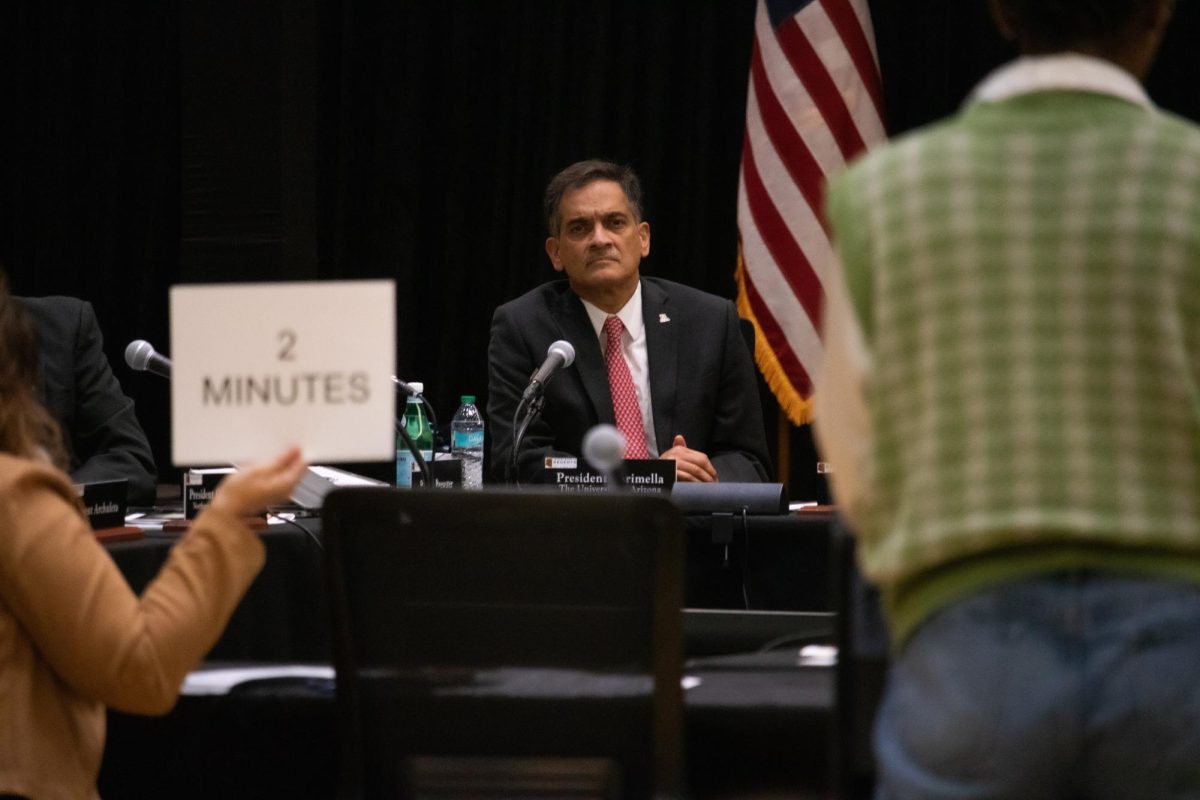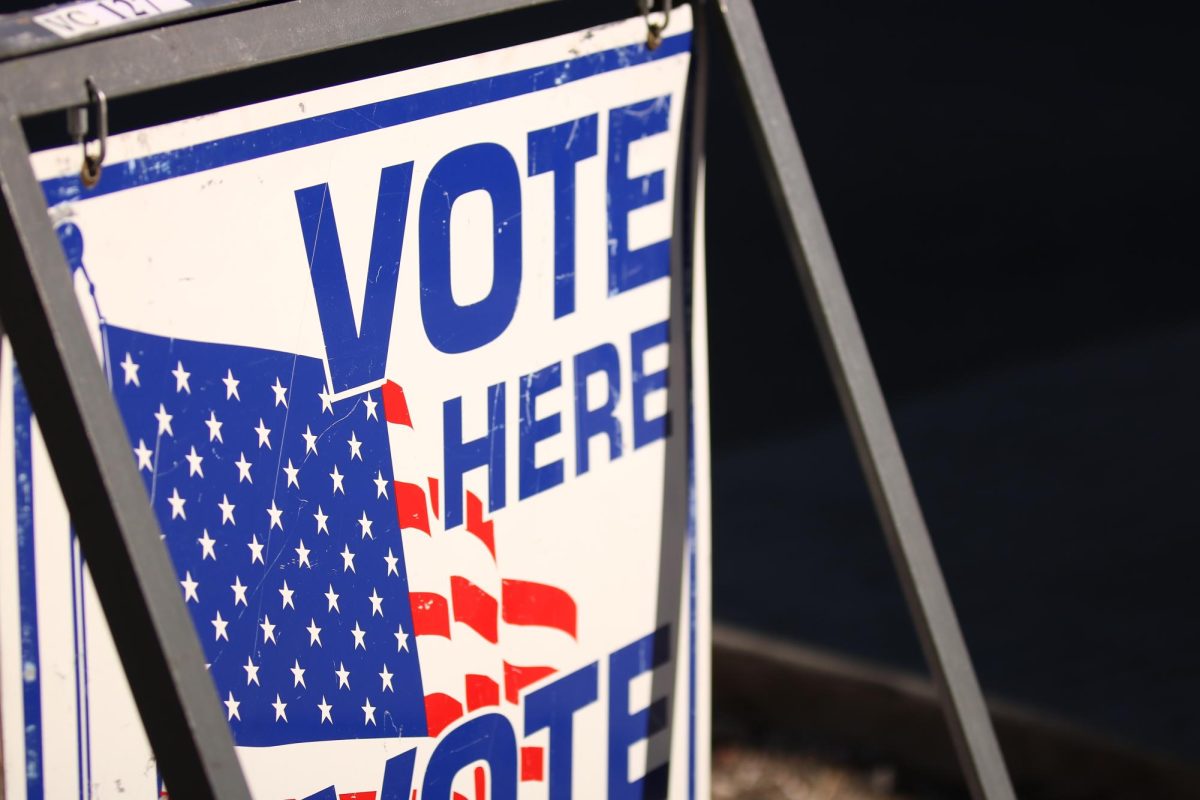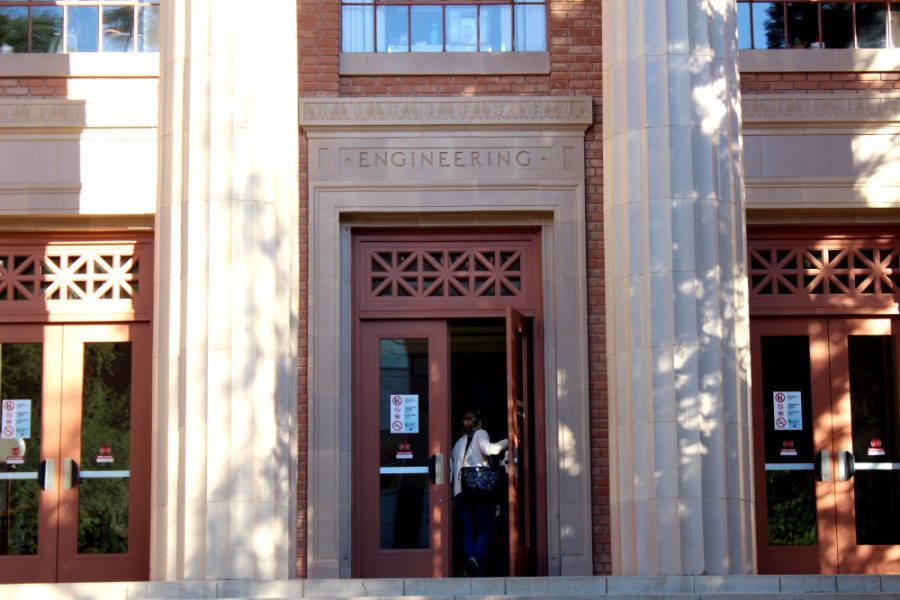The Supreme Court of the United States is our county’s most powerful and long-lasting institution. Presidents come and go, but precedents can be forever.
When the Senate voted 50-48 to confirm President Donald Trump’s nominee Brett Kavanaugh, it set a terrible precedent by inserting a political partisan with dubious character into an institution that, for all its faults, is supposed to be above the political fray.
Let us start with Kavanaugh. Even before credible accusations of sexual assault surfaced against him there were a myriad of red flags, among them tens of thousands of dollars worth of debt accrued in six of his 12 years during his time as a U.S. Appeals Court judge.
Then, in the last three weeks, events began to accelerate sideways. A letter alleging an attempted sexual assault was received by California Senator Dianne Feinstein, with the victim asking to remain anonymous. Soon however, the letter’s contents and author would be known.
RELATED: College publications deserve a seat at the adults’ table
Christine Blasey Ford eventually came forward, culminating in dramatic testimony in front of the Senate Judiciary Committee last week.
“It is not my responsibility to determine whether Mr. Kavanaugh deserves to sit on the Supreme Court,” Blasey Ford said. “My responsibility is to tell you the truth.”
Her powerful testimony was followed by an equally dramatic and deranged performance by Kavanaugh that saw the potential Supreme Court Justice dissemble himself, dodge requests for an FBI investigation and blame the eternal left-wing boogeyman for being out for blood.
In one amazing and telling sequence, Kavanaugh heckled Sen. Amy Klobuchar of Minnesota for asking if he had ever been blackout drunk. “You’re asking about blackout. I don’t know. Have you?,” he said before asking her again and again, “have you?”
Kavanaugh’s opening statement was equal parts angry and sad, blaming his misfortune on an “orchestrated political hit fueled with apparent pent-up anger about President Trump and the 2016 election, fear that has been unfairly stoked about my judicial record, revenge on behalf of the Clintons and millions of dollars in money from outside left-wing opposition groups.”
As a nation that claims to value judicial independence and restraint, what part of the above statement paints the picture of a man willing to cast aside his political and ideological persuasions in pursuit of the truth?
Democratic North Dakota Senator Heidi Heitkamp summed up the predicament that faced every senator on Saturday when she said, “in addition to the concerns about his past conduct, last Thursday’s hearing called into question Kavanaugh’s current temperament, honesty and impartiality.”
And Heitkamp was not alone. More than 2,000 law professionals from colleges and universities acorss both the nation and political spectrum came to a similar conclusion in an op-ed published by the New York Times.
The questions now facing Kavanaugh are plenty: considering his above statement, how can he be expected to rule fairly on the question of presidential power? How about on cases involving Planned Parenthood, the Clinton Foundation or any liberal-associated group?
More fundamentally, how can an admitted partisan rule fairly on any case?
The consequences of this appointment will be felt for years to come. Kavanaugh, who was chosen from a wish-list supplied to Trump by the conservative Federalist Society, was already thought to be a threat to established liberal precedents like Roe v. Wade.
There is now a more immediate and widespread threat. With this appointment, the credibility of the court has been undermined. Although 5-4 rulings have become common with splits among ideological lines, until now there was never a question of those lines being drawn for retribution.
“What goes around, comes around,” Kavanaugh warned Democrats during his opening statement. They and the rest of the country should be worried.
Follow the Daily Wildcat on Twitter















